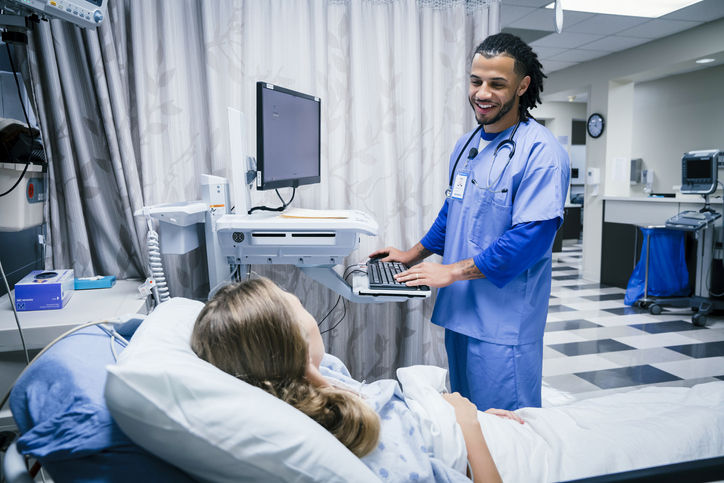BOSTON, Massachusetts — A new health-care venture fund will invest in sectors ranging from information technology to life-science based agriculture.
Boston’s Excel Venture Management has already made three deals from its $125 million Excel Medical Fund: two from the Boston area and another from California. A spokeswoman for the company said an upcoming deal will come from Midwest, though she didn’t name the investment.
Excel’s investment “focus” is broad: health IT and services, diagnostics, medical devices, and life sciences platforms that can apply to industries including energy, chemicals, defense and agriculture. It will invest in 12 to 16 companies over the life of the fund and investments will be as small as $500,000 to $1 million at the seed stage, fund managing director Dr. Enrico Petrillo told Xconomy. It will also invest in later-stage companies with depressed valuations that are close to exiting, Petrillo said.

With the Rise of AI, What IP Disputes in Healthcare Are Likely to Emerge?
Munck Wilson Mandala Partner Greg Howison shared his perspective on some of the legal ramifications around AI, IP, connected devices and the data they generate, in response to emailed questions.
The plan will be for Excel to make its investments, and try to nudge companies toward forming partnerships with big players in industry who can validate the approach as well as provide capital and expertise to further develop them, he said.
Managing Director Juan Enriquez stated in the company release: “The rapid adoption and expansion of these technologies into major industries such as energy, chemicals, defense and agriculture represents an enormous investment opportunity. We believe that we are just seeing the tip of the iceberg. The life science economy has the potential to follow a similar path as the digital code of ones and zeros and will become a key economic driver in the 21st century.”
The fund’s initial investments are in Aileron Therapeutics, which is developing a new class of drugs (“Stapled Peptides”) that work with protein-to-protein interactions within a cell; BioTrove, which is developing a new testing technology that would better detect drugs and monitor drug interactions; and Synthetic Genomics, a biological software company creating bacteria to create renewable energy, among other things.












